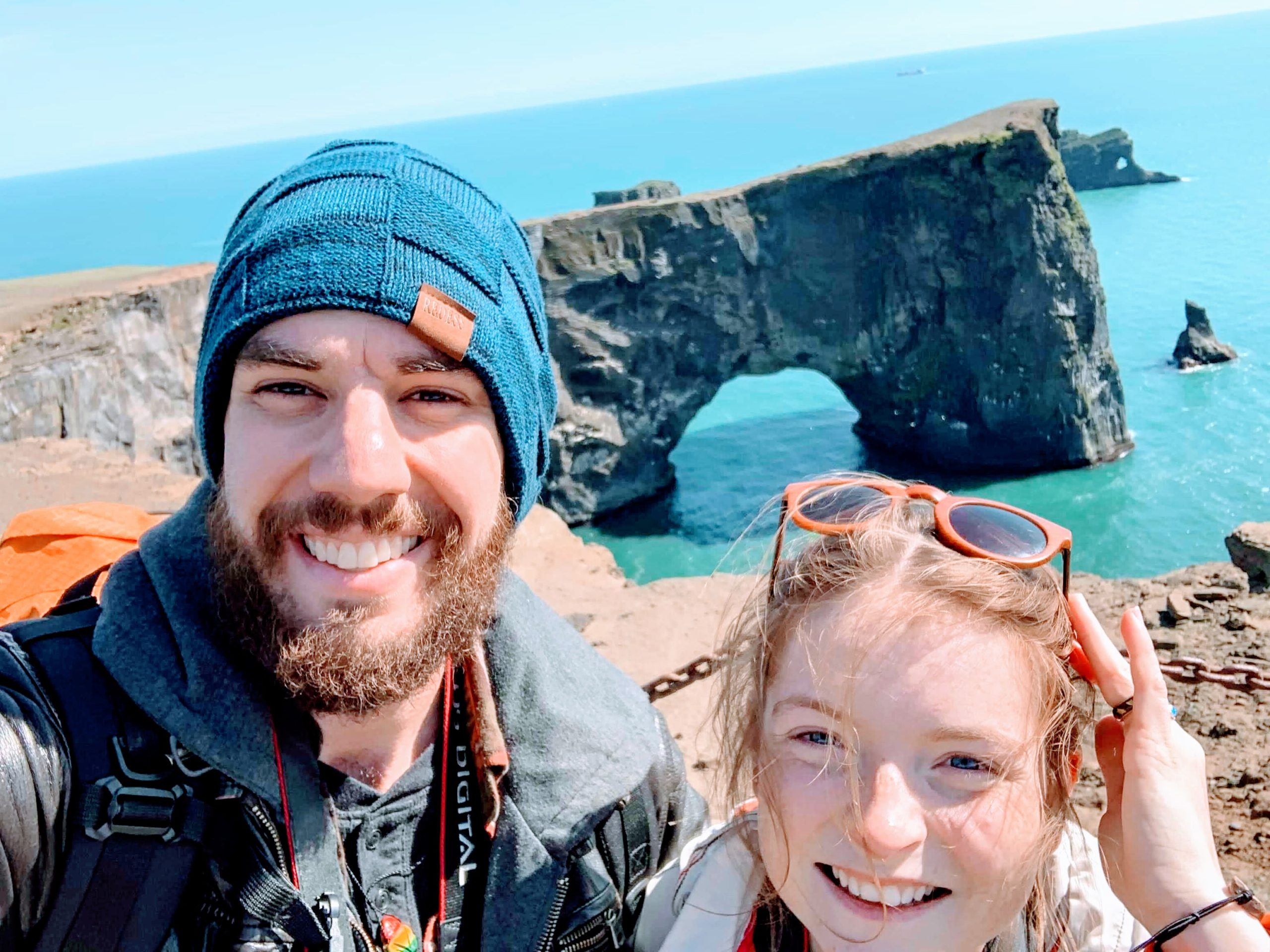
Every environmentalist has probably heard the age-old clap back from climate deniers: “But you travel, so you’re not really an environmentalist.” It’s the go-to for when they can’t find anything else to criticize you about, but want to show that no one is really actually trying to save the planet so they don’t have to change any of their habits. This argument is maddening for a variety of reasons. First of all, whataboutism is keeping the movement from making larger strides, and it allows people to think that since no one is perfect, no one should even try.
Secondly, sustainable travel is not generally accessible to the average person, so if environmentalists want to see the planet that they are trying to save, they generally have to fly or drive for at least part of their trip (especially if they plan on any trans-continental travel). This uses fossil fuels, and while that may sound horrible or “hypocritical,” again, there aren’t other affordable options if one wants to travel at all. Not everyone can charter a solar-powered sailboat or take off an extra month to travel in more old-fashioned ways. It’s unrealistic to think the average person can completely swear off fossil fuels, and it’s regressive and elitist to say that they aren’t allowed to travel if they can’t afford to do so completely sustainably. Everyone should be allowed to travel. It increases empathy, intelligence, and perspective, while at the same time helps one get acquainted with the planet that they’re fighting for. Travel needs to be done.
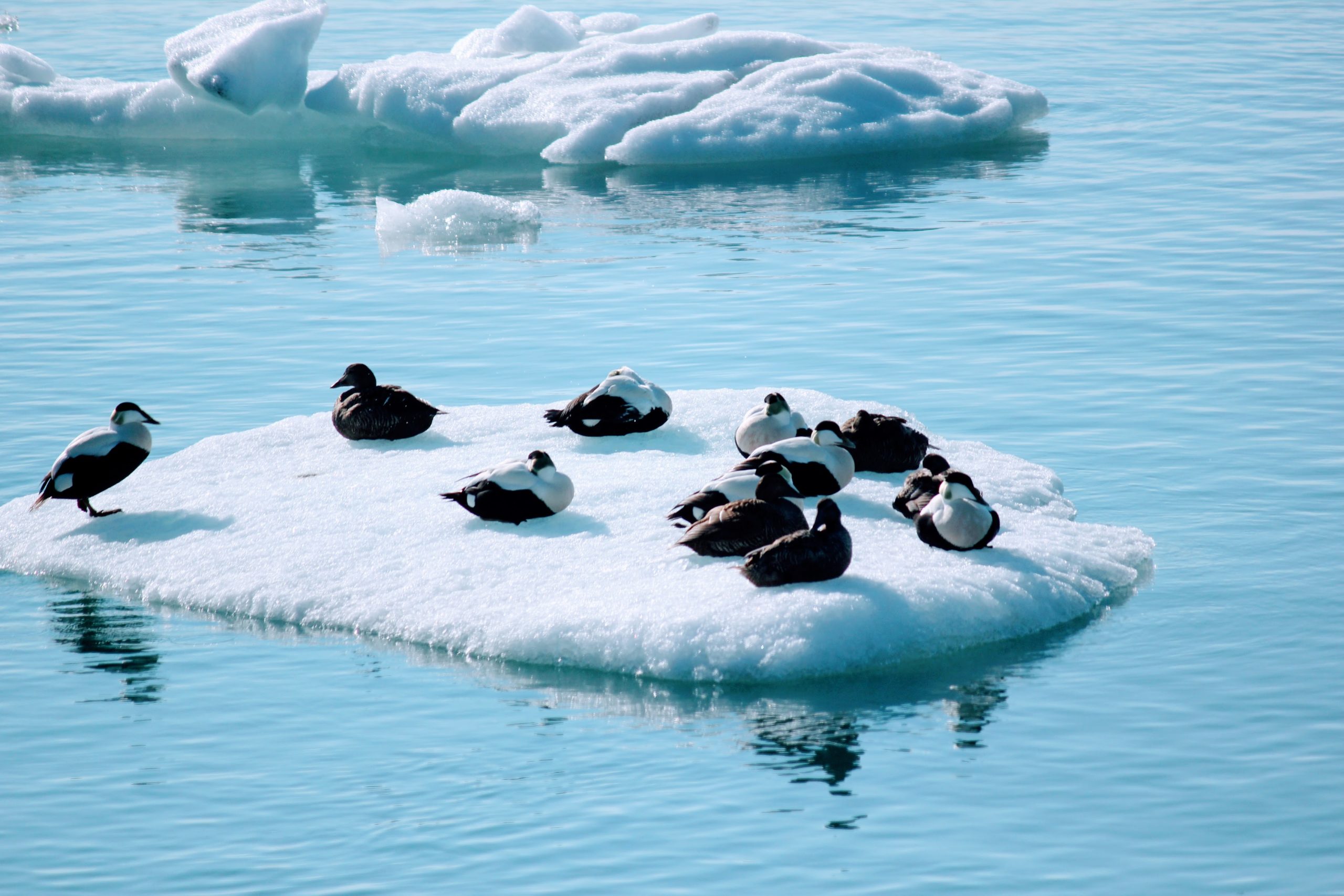
All that being said though, there are plenty of ways to weave environmentalism into one’s travels. Besides doing things like bringing your own food containers and water bottle, ordering vegan food (locally grown is best), and taking public transportation when possible, the most powerful way that you can help the planet when you travel is to engage in eco tourism. Instead of heading to massive resorts or sticking to large cities and staying in luxury hotels, consider staying at an eco lodge and spending time at wildlife reserves. This speaks volumes to local governments about which places need to be protected, and it supports the economies of those who protect and live peacefully with the land.
Tourism is the largest source of income for certain areas (especially popular travel destinations), and where those tourism dollars are spent receives the most attention. For example, if people are buying ivory, the government might be more lenient with those who illegally kill elephants on reserves to get it and sell to tourists. If those same people instead went to the elephant reserves to see elephants in person, stayed at the lodge run by locals, ate there, and bought the ethically made souvenirs there in the park, then the government would see that reserve as an asset instead of ivory as one, and would protect it.
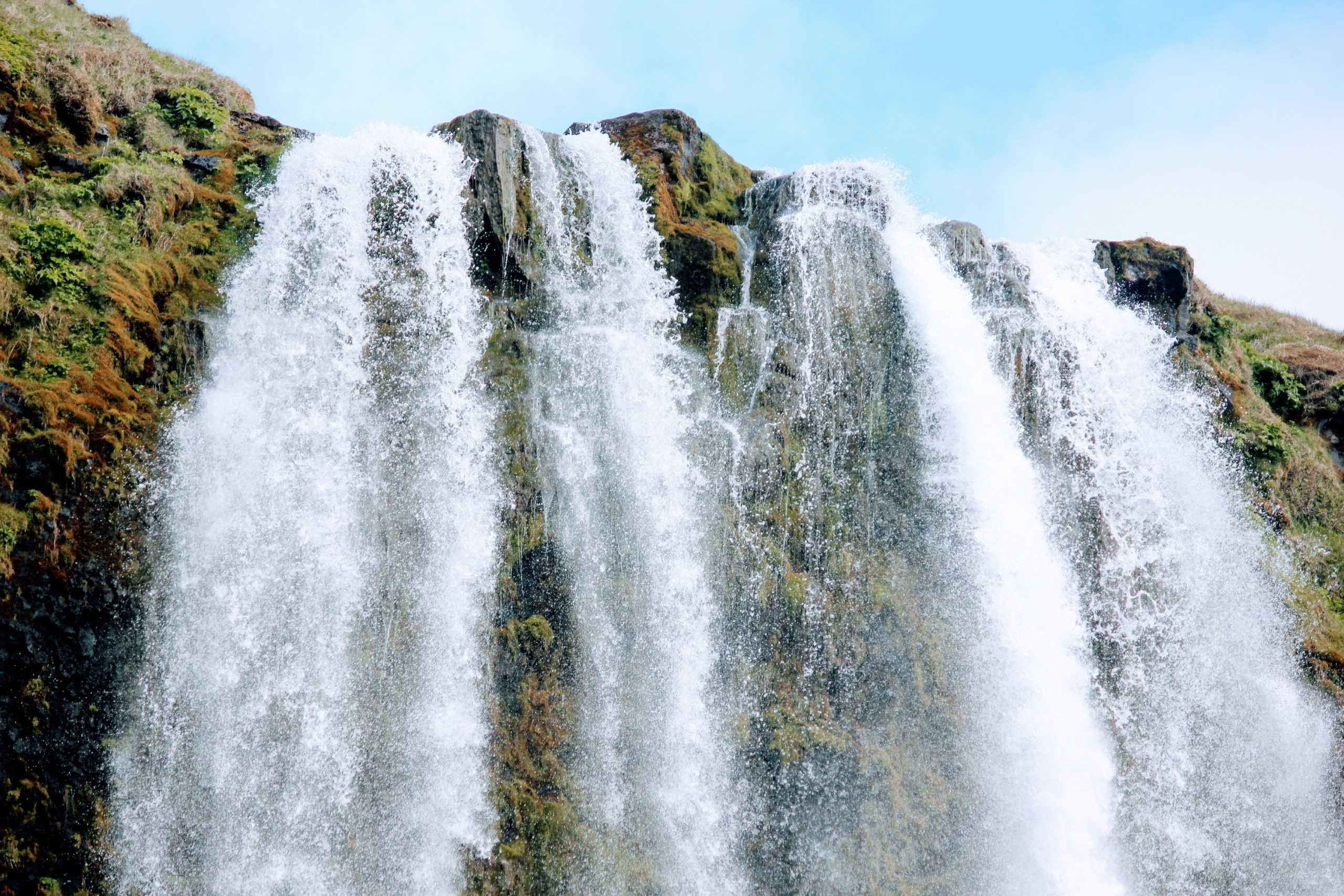
It’s not great to have to say that in order to prioritize the planet, it needs to make money. It sucks. But that’s how it can be, and since that’s the reality, it’s important to work with that. We desperately need to use our money to send signals to our leaders as to which places need protecting and preserving—especially when we travel. If you want to see Bali, rather than heading to a fancy, foreign-run resort, stay at a local-run resort or nature preserve, and spend time in nature. If you want to go to Costa Rica, stay at an eco lodge, spend money on outdoorsy adventures, and visit wildlife preserves. If you want to go on a safari, support a locally run one that operates within a wildlife preserve.
Where ever you plan on spending money while traveling, ask yourself if it can be spent on something more Earth-centered. Take hiking tours. Go scuba diving. Play on local beaches. The options are endless, and even if you plan on staying in a city for most of your trip, it’s important to try and spend some of your time in the natural places there. This will also be beneficial for you, as it will help you feel balanced and remain in touch with nature even when you are traveling.
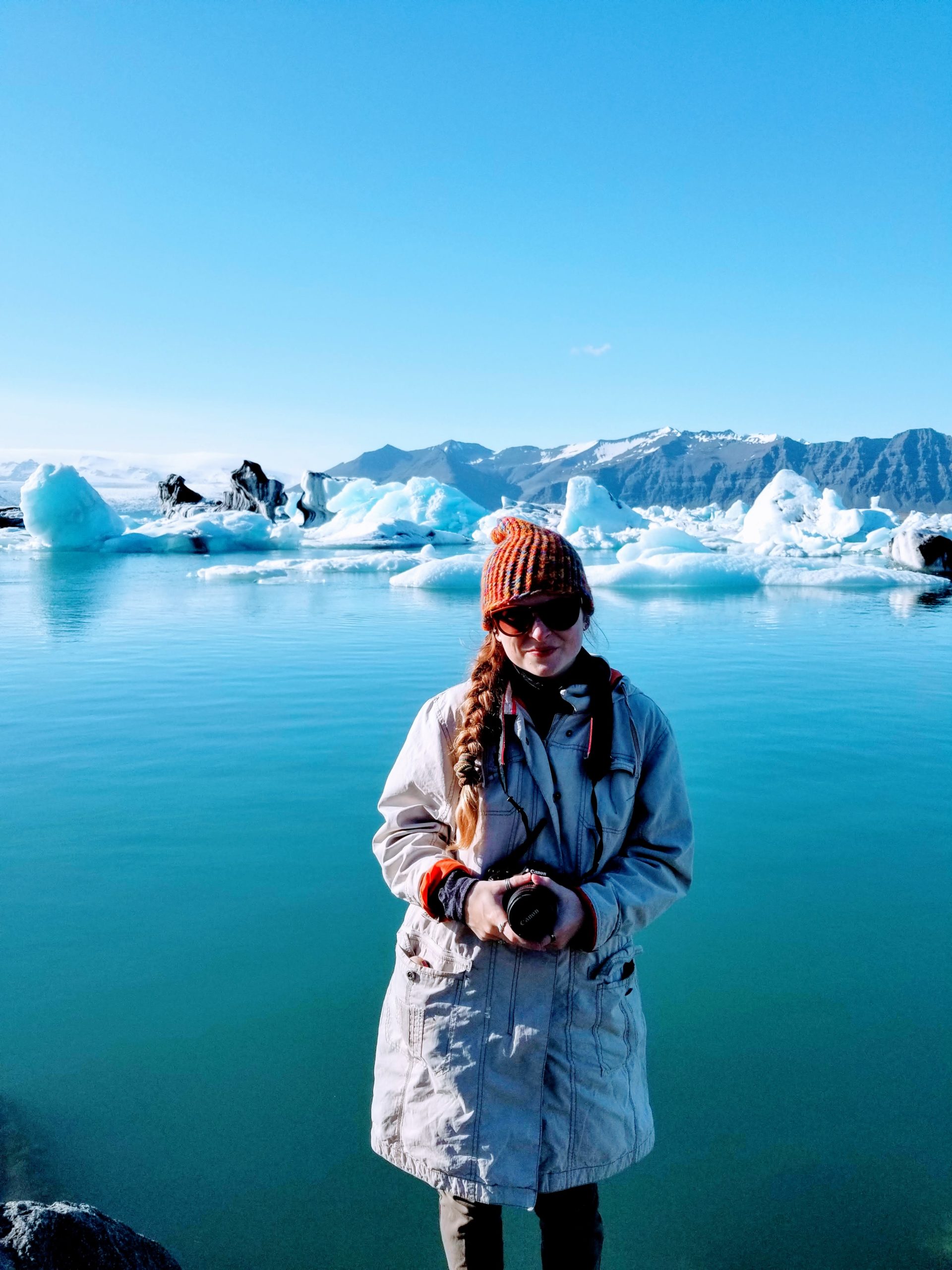
I recently got to chat about eco tourism with Phil Torres, conservationist and host of Discovery Channel’s Expedition X. He was very clear that it matters so much: “If you want to help a country or a region preserve its wild places, eco tourism is the way to go.” As Phil informed me, natural places are often destroyed for the sake of whatever is making more money. If resource-draining resorts or golf courses are bringing in the most money, guess where the government will build more of them? Its value as a habitat won’t matter. Money speaks louder, and that’s why eco tourism is pretty much the only effective weapon against it. “It’s such an important and growing field,” Phil said. “We need people to go into it (professionally) and participate in it as tourists if we want these places to stand a chance.” That’s something to keep in mind when we all can finally plan a next vacation and travel abroad.
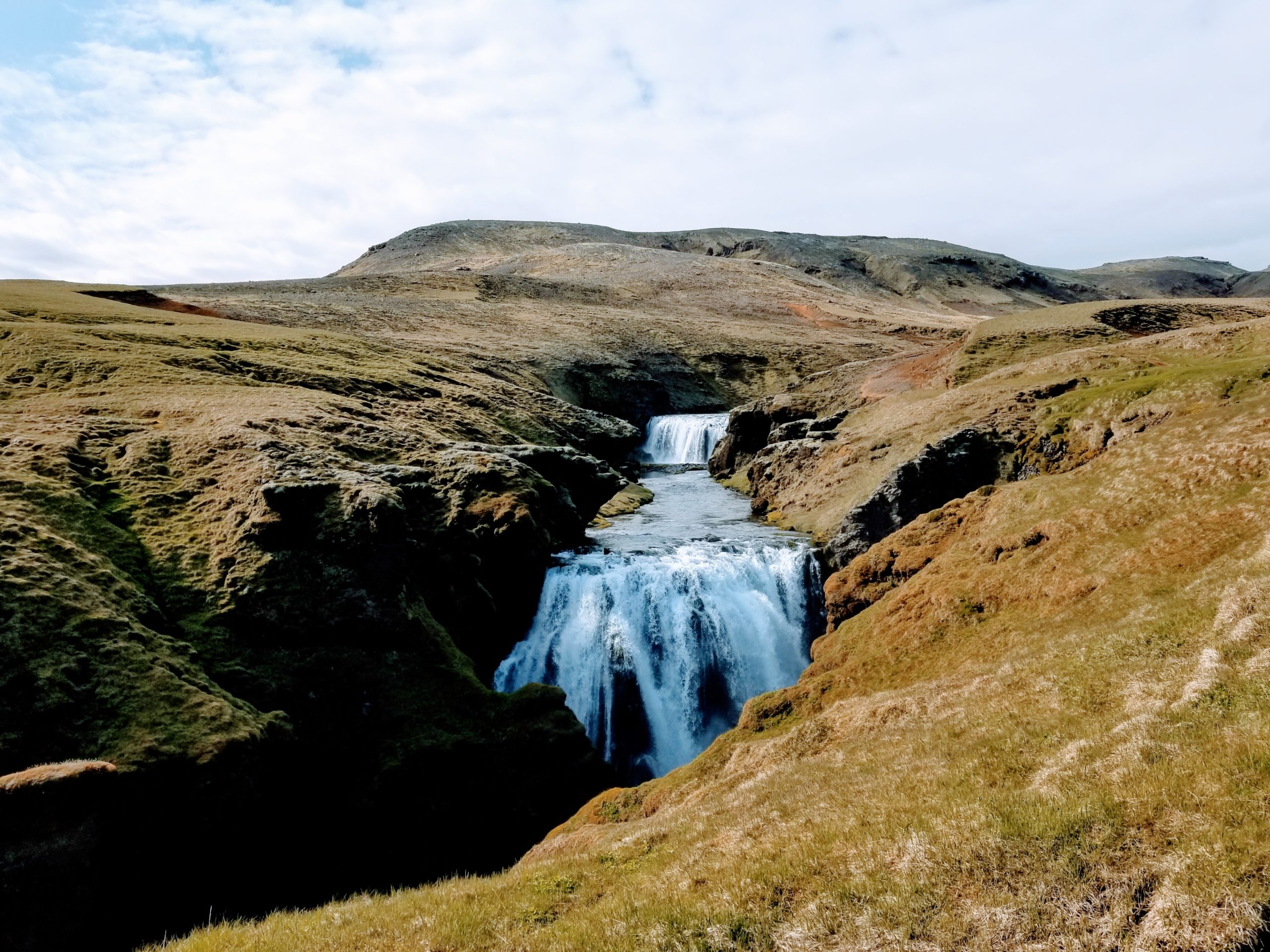
Get more like this—Sign up for our daily inspirational newsletter for exclusive content!
__
Photo: Emily Iris Degn




